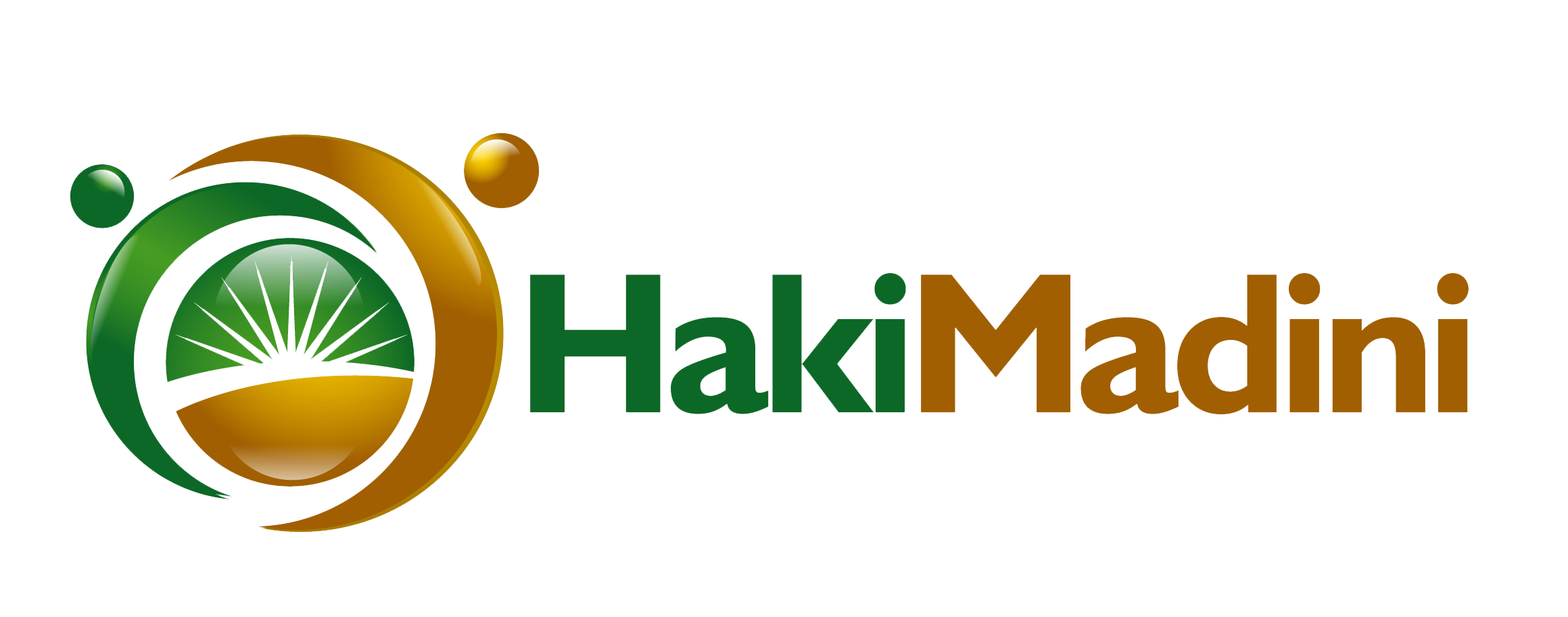Small-Scale Mining Emerges as a Key Driver in Tanzania’s Gold Sector
Tanzania, one of Africa’s most mineral-rich nations, is experiencing a notable shift in the dynamics of its gold mining industry. While large-scale multinational operations have long dominated the sector, artisanal and small-scale mining (ASM) is rapidly gaining recognition as a key driver of gold production and rural economic development.
Recent data reveals that small-scale miners contribute a significant share to Tanzania’s annual gold output, with some reports suggesting the figure exceeds 40%. This trend reflects not only the growing importance of ASM but also the sector’s resilience and ability to support millions of Tanzanians, especially in remote regions where formal employment opportunities are limited.
A Sector Rooted in Livelihoods
Artisanal and small-scale mining is far more than just an economic activity it is a lifeline for over 1.5 million Tanzanians, including miners, traders, and service providers. For many, ASM represents the only viable source of income. It has played a pivotal role in poverty reduction, local enterprise development, and community resilience.
However, the sector is largely informal and often operates outside legal and regulatory frameworks. Traditional mining techniques, such as the use of mercury in gold processing, raise serious concerns about health and environmental safety. The sector also faces challenges related to land access, licensing procedures, lack of equipment, and limited financial services.
Government Support and Policy Shifts
- Recognizing the untapped potential of ASM, the Tanzanian government has begun taking steps to formalize and support the sector. Initiatives include:
- Designated trading centers to reduce smuggling and ensure fair prices.
- Efforts to streamline licensing procedures for small-scale miners.
- Campaigns promoting the use of mercury-free gold processing technologies.
- Capacity-building programs to enhance health, safety, and environmental standards.
These moves are aligned with the government’s ambition to ensure that the mining sector contributes more meaningfully to national development and to local communities.
Challenges Remain
- Despite progress, significant barriers continue to hamper the full potential of ASM. These include:
- Weak institutional support and poor enforcement of mining laws.
- Lack of access to finance, training, and modern technology.
- Limited participation of women and youth, who often face additional social and economic hurdles.
Environmental degradation caused by unregulated practices.
Organizations such as HakiMadini and other civil society groups have been instrumental in advocating for the rights of small-scale miners, providing legal awareness, promoting sustainable practices, and strengthening dialogue between communities, companies, and government agencies.
A Path Toward Sustainable Growth
If effectively supported, ASM can be transformed from an informal, high-risk activity into a vibrant and sustainable pillar of Tanzania’s gold economy. Formalization, fair regulation, environmental stewardship, and inclusive growth are essential to ensuring the sector’s long-term viability.
As small-scale mining continues to expand, its role in job creation, community empowerment, and gold production is undeniable. With strategic investment, policy reforms, and inclusive engagement, Tanzania can harness the full potential of ASM to achieve sustainable, equitable growth across its mining landscape.
